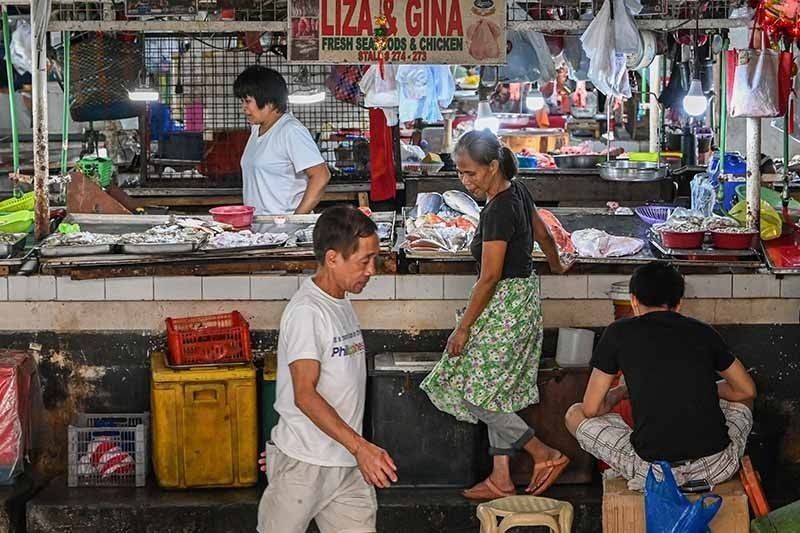‘New wave of COVID-19 cases just ordinary spike’

MANILA, Philippines — There is no need to panic over the new wave of COVID-19 infection as this is just a normal increase in cases, infectious disease expert Dr. Rontgene Solante said yesterday.
“It will not continue to spread. The uptick (in cases) will just be temporary,” Solante said at the Bagong Pilipinas Ngayon program.
Three new COVID-19 variants – JN.1.18, KP.2 and KP.3 – are now under monitoring by the World Health Organization. KP.2 and KP.3 are known as the “FLiRT” variants.
The Department of Health (DOH) earlier said “there is no evidence now that the KP.2 and KP.3 variants are causing severe to critical COVID-19, both locally and internationally.”
“These are variants that mutated through several months and that so far, this has slow public health risk unlike the Delta and Alpha (variants) which carried higher risk of severe infection or getting hospitalized,” Solante added.
He still advised the public to be vigilant and protect themselves against the virus.
“There is a need to observe minimum public health standards especially among the vulnerable population like the elderly and the immunocompromised individuals. If in crowded places, always wear a mask, or consult a doctor when experiencing symptoms,” Solante stressed.
Earlier, Singapore reported a new COVID-19 wave due to the rising cases of infection for the past two weeks, recording 25,900 cases compared to only 13,700 cases a week prior.
Dengue cases
Meanwhile, the Philippines has recorded 59,267 dengue cases this year, according to DOH data as of May 4.
This is 29.62 percent higher than the 45,722 reported during the same period last year.
Soccsksargen recorded the highest number of dengue cases with 6,994 followed by Davao region with 6,623 cases, Northern Mindanao (6,078), Central Visayas (5,884) and National Capital Region (5,258).
Data from the DOH’s Epidemiology Bureau however, showed that there was a decrease in dengue-related deaths this year at 164 from deaths recorded in 2023 at 171.
Davao region recorded the highest number of deaths due to dengue at 29, followed by Northern Mindanao with 27, and Soccsksargen with 16.
Meanwhile, Mimaropa and Caraga, recorded 15 and 11 dengue-related deaths, respectively.
Earlier, Health Secretary Ted Herbosa urged the public to be vigilant against dengue fever and other water-borne diseases, which are prevalent during the rainy season.
The DOH reiterated its reminder to the public to practice the “4S” strategy in a bid to prevent dengue.
The 4S strategy stands for search and destroy breeding places; secure self-protection; seek early consultation, and support fogging/spraying in hotspot areas.
Dengue, a year-round disease, is an acute viral infection that affects mostly young children and infants. It is transmitted through a bite of dengue-infected Aedes aegypti and Aedes albopictus mosquitoes.
- Latest
- Trending































